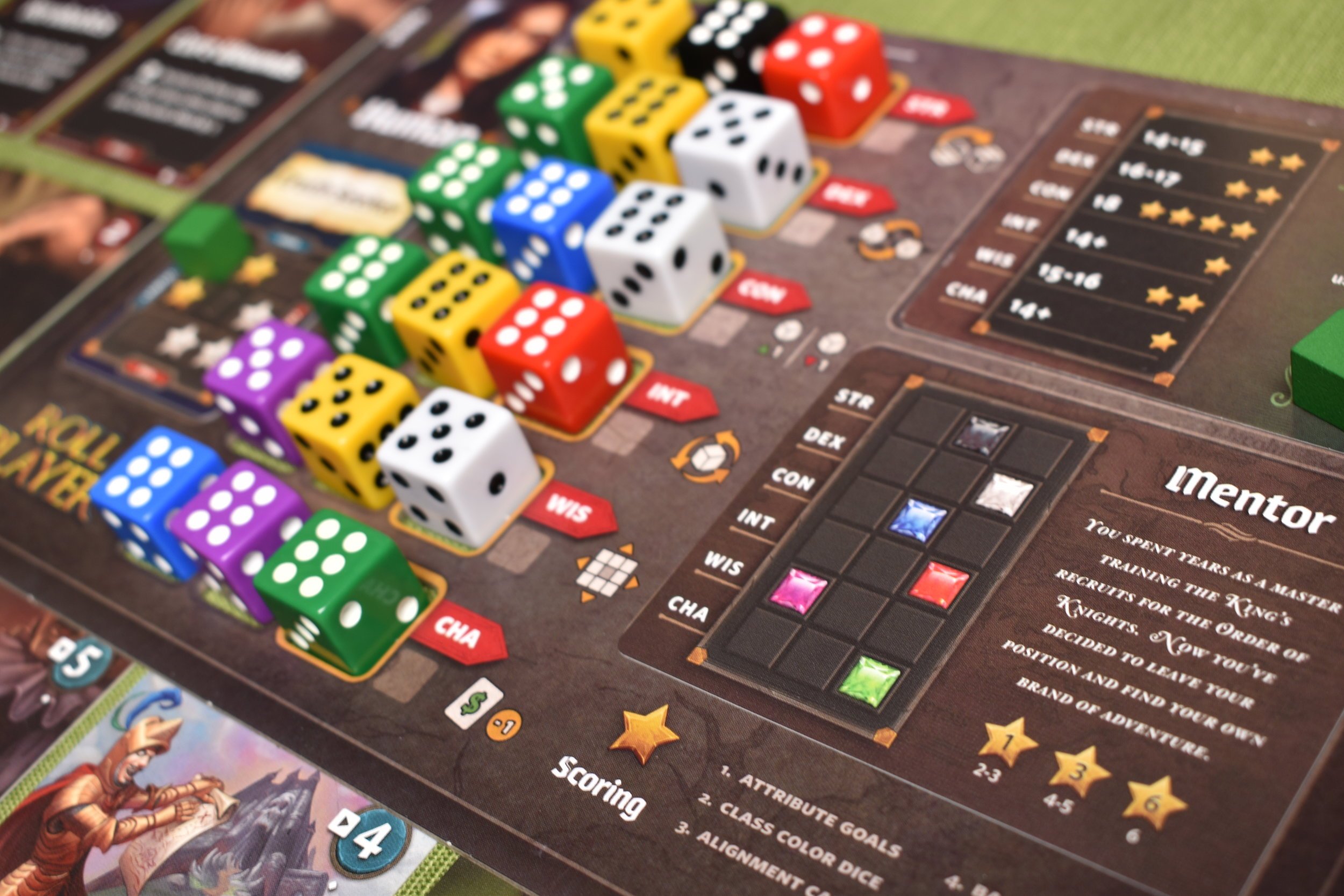Convention Planning: Helpful Skills
Are you thinking of starting your own convention? That is amazing! From my experience, it is a fun and stressful labor of love that becomes more rewarding with each passing event. While I am always learning and growing, I can share what we have learned so far. Hopefully, this series of articles can help you create something people will be excited about! This post is about the skills that may be helpful in creating a successful event.
Skills fall into two categories; technical skills, like carpentry and professional skills, like teamwork. Technical skills are usually very task specific, and professional skills apply to all the things we do. Both are important to running a successful event.
Professional Skills
Professional skills are universal and good articles describing them are all around. Here is a good article that gets the information across in a quick digestible method. Below is a list of important professional skills and how they apply to running a convention:
Communication - Being able to communicate in a clear and empathetic way is key. Not only to your potential attendees but also your business partners, vendors, and everyone you will interact with.
If your communication is confusing, interactions will suffer, which could be a turnoff for attendees. The first event we ran, I labeled tables A - Z instead of using numbers. Attendees thought it had to do with their names or the game names and not just a helpful way to find a table. This resulted in confusion and questions.
Teamwork - No matter what your organizational structure you will always have some kind of team you will work with to pull together an amazing event. Being able to delegate, resolve conflicts, and coordinate between multiple individuals will be crucial.
This is invaluable if you have partners. Being able to work with them to create a better more dynamic event than you could on your own is all about teamwork. Our partnership works because we work well together.
Adaptability - Things will happen that are out of your control. Being able to deal with and either make the best of the situation or turn them into winning situations can be powerful. Calm confident reactions can prove to be your biggest tools.
Some major issues have happened at just about every one of our conventions. From water leaking into our storage space, to a part of the venue being under construction, to another event having to drive a truck through the middle of our event. These are the kinds of things you can’t control. Your reaction can show you at your finest, making the best of difficult situations.
Problem-Solving - Finding solutions and thinking outside the box is another handy skill in running a convention. Be it when there is a big immediate crisis or a longer term issue you are trying to solve. Problem-solving fuses analytical and creative skills into one skill that will help you get past the largest hurdles.
When the venue runs out of chairs or the printer misprints the badges, how will you handle that? While these are more unforeseen issues that can occur, they are up to you to resolve. Sometimes the resolution can be better than the original solution.
Work Ethic - Doing your best at all times your convention will be the best it can be. The best conventions show the commitment of the organizers and everyone involved in bringing it to life. It also shows respect for yourself and the attendees when you create an amazing event.
As we run convention after convention, I notice I am getting things done earlier and earlier. Reduced stress and increased refinement are the main motivators. The earlier you get something done, the more you can handle unexpected issues and polish the outcome.
Attention to Detail - The little details can add up to a big deal. This works both for you and against you. If there are little details that bother and annoy your attendees, you will hear about it. If there are little details that make them happy, you will see the response in people that come back again and again.
In the contracts we have with our venues, we have added stipulations for trash, water, and bathroom servicing. While easily forgotten, they add up to a big deal if people are thirsty or repulsed by the cleanliness of the space.
Technical Skills
While professional skills apply to everything we do, technical skills are very task specific. Some technical skills are more important than others. You can delegate some technical skills to volunteers or contractors. I will try to expand on these skills in future articles, but for now here is a quick list to get you started.
Marketing (Online & Traditional) - To get people to attend your event they need to know it exists. They also need to know how amazing it will be. Part of this is knowing your target market and the other part is speaking to them in a way that they can consume and get excited about.
Business (Corp/Non-Profit filings, Contract Negotiations, Taxes, Budgeting) - This is a very generic category that covers many types of needed skills. Some of these skills are easy to hire for, while others are vital to keep internal. Getting someone to help you create a corporation or do your taxes is fairly easy but you should be able to set a budget and keep your bottom line in the black.
Event Planning - While the professional skills above can fill help you gain the knowledge needed on the fly, there is nothing next to having experience in doing a thing. Talking to venues, gaining sponsors, organizing vendors, and managing times are way easier if you have done them before.
Game Industry Knowledge & Contacts - This is a part of marketing but it is helpful if you have this before starting your first event. Gaining sponsors and drumming up interest is easier if you already have established contacts. There are a wide variety of segments here as well including retailers, publishers, manufacturers, distributors, media, and local gaming groups.
Technology (Web Site, Communication Tools, A/V Usage) - Technology is another broad category in which some items are more important than others. While you could farm out your website, having the knowledge to create and maintain it yourself is much cheaper and will help your conventions identity significantly. (For a website checkout Squarespace.com, Communication - Slack.com)
Graphic Design - Being able to create your own logo, flyers, T-shirts, etc. will save you time and money. This is something you can get help with, but putting together a flyer at the last minute can be a lifesaver.
Computer Aided Design (CAD) - CAD isn’t a required skill, but I find it valuable when laying out our convention space. Most venues will have their own software to help layout their space. Having this skill allows me to play with several layouts without a back-and-forth dialog with the venue.
Conclusions
Having strong professional skills will help overcome any missing technical skills. If you want to take on partners to fill in the gaps, make sure your professional skills are in alignment while your technical skills complement each other.
While you may not need all of these skills, they each have their place in helping create wonderful events. The better the convention, the more attendees will fill the halls.

